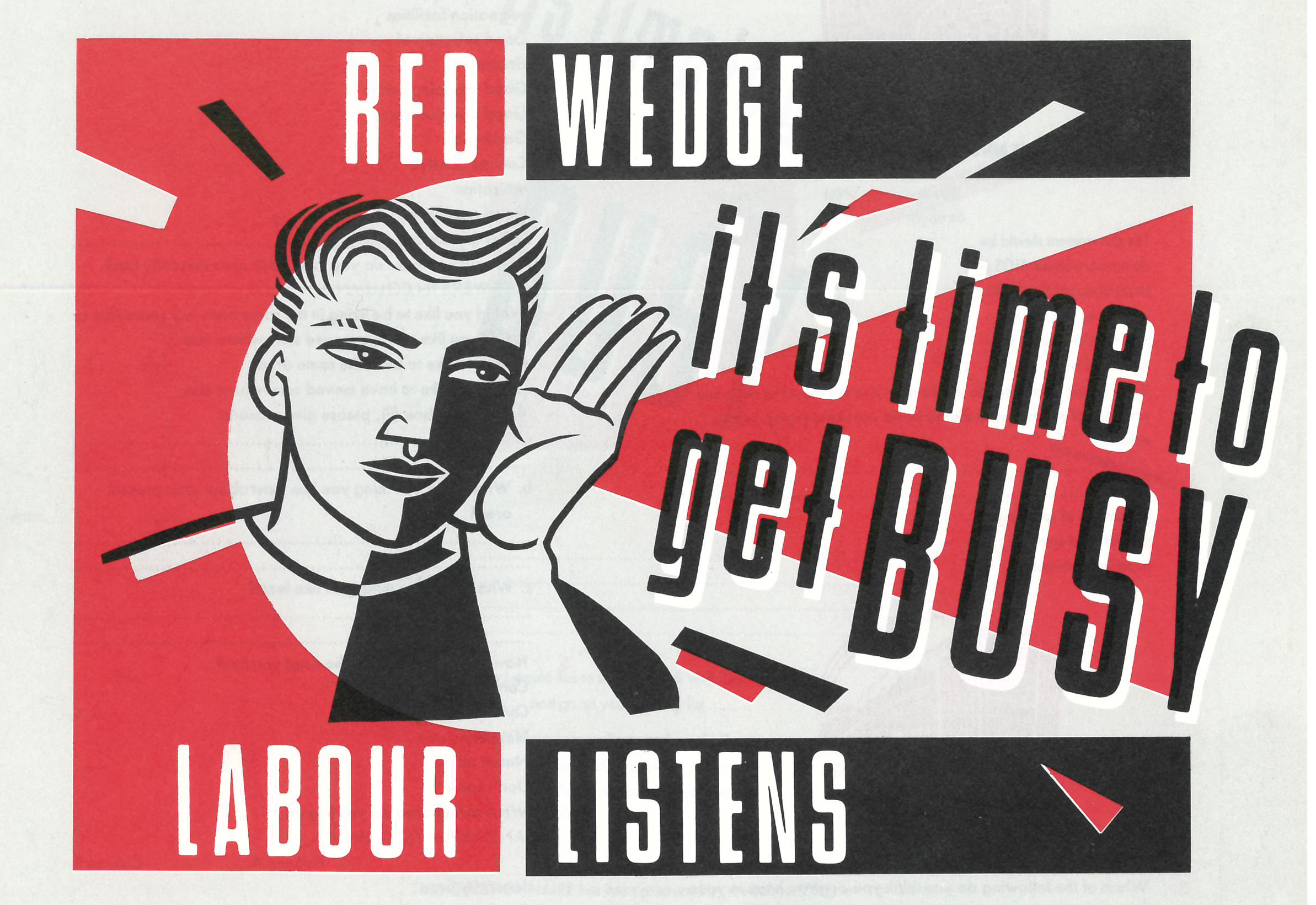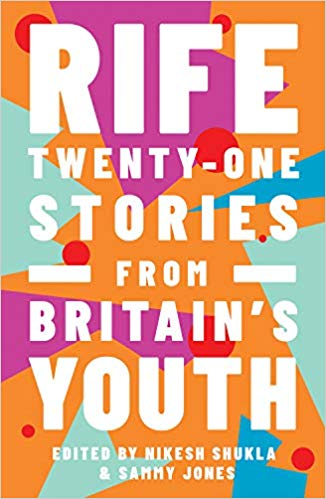Guy Mankowski is a novelist based in Newcastle. Here he writes for Northern Soul about his third novel, How I Left The National Grid, to be published in February 2015. It’s about a Manchester-based singer who vanishes following a controversial appearance on Top of the Pops, and a journalist who tries to track him down. The book also celebrates the Northern post-punk music scene.
I’ve gradually developed the idea that Manchester is a mystical city. Before I am accused of being a hopeless romantic, I would like to add that I’ve spent many an afternoon there, in the smog and the rain, and am fully aware of the atmosphere in the city centre after Manchester United gets a bad result. But my romantic vision of Manchester persists because of its music.
People seem to think that Manchester bands (including Joy Division, The Smiths and Magazine) make bleak, depressing music. But I regard the Manchester music scene of the late 80s as a thrilling time. Yes, Thatcher’s policies had starved the region of funding, and the effects of those cuts were visible in the many abandoned factories. Housing complexes such as the Hulme Estate were intended to resemble sparkling visions of the future, full of walkways and spacious plazas. Instead, they became places in which violent muggings were frequent, and quickly fell into disrepair. But despite all this, various musicians responded to this negativity by creating music that processed pain to create spectral, luminescent soundscapes. The brittle synths of New Order evoked a futuristic city yet to be built. To me, the Manchester music scene of the 80s was an oasis of creativity in a bleak era of austerity. This makes it more relevant now than ever.
 Three years ago I decided to write a novel about the 80s Manchester scene, a time when music responded urgently to a bleak state of affairs. During periods of recession, music becomes incredibly important to people. I saw parallels between the lyrics of Ian Curtis (whose songs told tales of a man abandoned by society) and the lyrics of the Teesside band The Chapman Family, who also channelled their frustration into primal art-rock. I decided to write a story about a band from the 80s, a fictional synth-pop outfit called The National Grid. In the novel their singer, Robert Wardner, after a controversial appearance on Top of the Pops vanishes into the urban landscape, never to be seen again. I pick up the story in the present day. Sam, a former journalist for Melody Maker, tries to track Wardner down for a new book. The story flits between the dry ice and Moog synthesisers of the 80s and the world of entertainment today, to which Wardner is rumoured to be returning.
Three years ago I decided to write a novel about the 80s Manchester scene, a time when music responded urgently to a bleak state of affairs. During periods of recession, music becomes incredibly important to people. I saw parallels between the lyrics of Ian Curtis (whose songs told tales of a man abandoned by society) and the lyrics of the Teesside band The Chapman Family, who also channelled their frustration into primal art-rock. I decided to write a story about a band from the 80s, a fictional synth-pop outfit called The National Grid. In the novel their singer, Robert Wardner, after a controversial appearance on Top of the Pops vanishes into the urban landscape, never to be seen again. I pick up the story in the present day. Sam, a former journalist for Melody Maker, tries to track Wardner down for a new book. The story flits between the dry ice and Moog synthesisers of the 80s and the world of entertainment today, to which Wardner is rumoured to be returning.
My research into the Manchester scene required me to become familiar with the music, the places, and the people from that era. This included drinking with pop stars, dancing in tattered indie clubs, and undertaking long walks throughout the fringes of Manchester. I journeyed to places that the artist Laura Oldfield Ford described as “liminal spaces”, hinterlands on the edge of the city. I wanted to get a true sense of Manchester. I believe it is in the margins that the city exposes its true character, a character which consumerist society smothers in the city centres. Just by venturing a few hundred yards from the high streets, to what Iggy Pop would call “the city’s ripped backsides”, I witnessed bizarre sights. Bushes with every leaf plucked off, each carefully replaced with polystyrene cups. Synthetic fauna from an artificial age. I saw a lone Rastafarian saxophonist playing long notes above a blackened canal, wrapped in his own reverie.
I visited famous Manchester nightclubs like The Star and Garter in which the creative spirit of the 80s was still evident in the abundance of eyeliner and black leather. In the novel, Robert Wardner believes that such sites are portals through which the meaning of the city can be tapped – like musical versions of Gozer in Ghostbusters. I started to believe that by writing about this city I was operating on the same mysterious ley-lines that he drew from. I shared pizza with post-punk musicians in takeaways under knocking-shops in the Northern Quarter. I talked to electro artists about Mind Temple structures over tea in deserted cafes. Slowly, my novel began to take shape.
During the three years I fought to bring this book to life, I was fortunate to interview artists whose work bears a trace of the 80s post-punk scene. The Manchester musician LoneLady told me how her music is inspired by the Brutalist architecture of 80s Manchester. I sent excerpts of the novel to her and was enthused when she wrote back saying “there is a place yet for a sprawling fictional compendium about Manchester, full of city hobgoblins (to quote Mark E Smith)”. I also interviewed musicians such as Jehnny Beth from the Mercury Music-nominated band Savages whose work is inspired by the industrial music of bands like Throbbing Gristle. She told me of the manifesto that underpins her music, a manifesto which draws from the Surrealists and Alan Moore. Post-punk music is not afraid to be angry, literate and direct. I believe that its music can still inspire people during this age of austerity.
In the work of these artists, as well as in my novel, the ghosts of Manchester are evident. My novel celebrates that scene, and looks to the future. It considers how people today can also draw inspiration from their surroundings, however bleak they seem; how they can use this inspiration to make art that is meaningful and useful to others.
Factory Nightclub image: Manchester Tourist Board
Guy Mankowski is a novelist based in Newcastle. His second novel, Letters from Yelena, focused on the world of Russian ballet. The novel was adapted for the stage and used in GCSE training material by Osiris Educational in 2014.
‘How I Left The National Grid’ will be launched at The Cluny, Newcastle on February 28, 2015, on a night which features performances by Kingsley Chapman of The Chapman Family, and Hausfrau.
The novel will be published in the UK, US and Canada by Roundfire on February 28, 2015. It can be pre-ordered here: http://www.amazon.co.uk/How-Left-The-National-Grid/dp/178279896X












